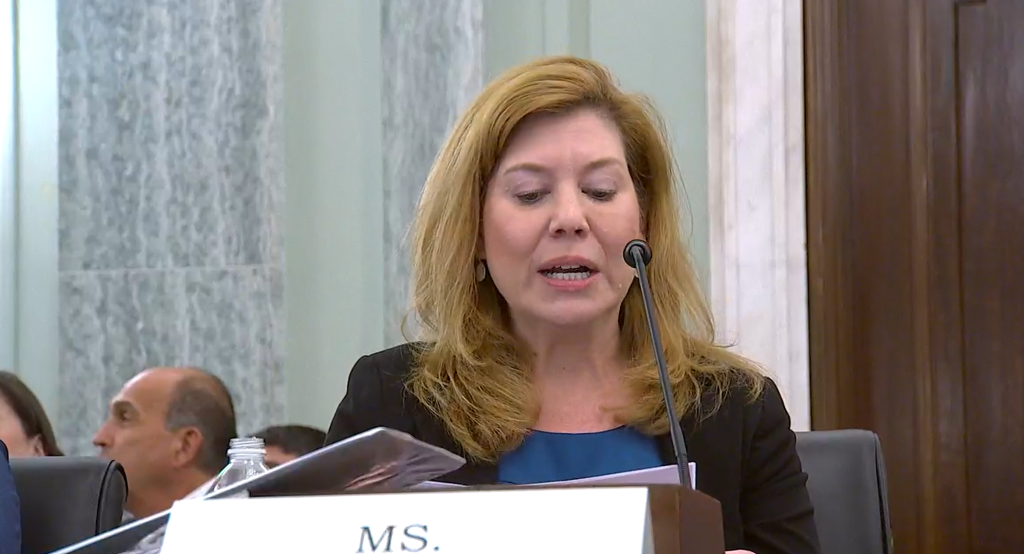Should Big Tech or Broadband Be Tapped for USF Contributions?
Including all broadband internet revenue will alter the internet in uncertain ways, claims expert.
Teralyn Whipple

WASHINGTON, May 11, 2023 – Senate witnesses disagreed on whether all broadband internet revenue should be taxed as part of the Universal Service Fund contribution factor.
“Historically, the USF has always been paid for based upon the services that is supports,” said Angie Kronenberg, president of trade association for competitive networks, INCOMPAS, urging lawmakers to include all broadband internet revenue in the contribution base for the USF.
Kronenberg was testifying in a Senate Subcommittee on Communications, Media and Broadband hearing Thursday.
The USF is a nearly $10 billion fund that relies on dwindling voice service revenues to fund several programs that support low-income broadband access in the United States.
Adding broadband companies to the contribution base will build the fund to a more sustainable level and can be done without any change to the Federal Communication Commission’s statues, said Kronenberg.
Professor at Boston College Law School Daniel Lyons disagreed, saying that adding broadband companies will not solve the structural problems with the USF.
“Whether you are talking about adding broadband providers or adding edge providers, once you start taxing those services, you create structural incentives that rearrange the way the internet works in ways that we can’t predict in advance,” he said.
Instead, Lyons urged Congress to make the USF a program based on federal appropriations. Doing so would make the program subject to hard budget constraints and oversight from Congress, he said.
Including Big Tech in the contribution base is a topic of much debate across the industry. The FCC has left it to Congress to institute legislative reforms that would allow it to make changes to the contribution base.
The fund has been under scrutiny as the voice service revenues which is relies on are dwindling. The USF supports programs such as Lifeline, which supports affordable access to broadband internet for low-income households.
Correction: A previous version of this story incorrectly stated that INCOMPAS President Angie Kronenberg urged that big tech companies be included in the USF contribution base. In fact, she said that broadband companies should be included in the contribution base. The story has been corrected.








Member discussion